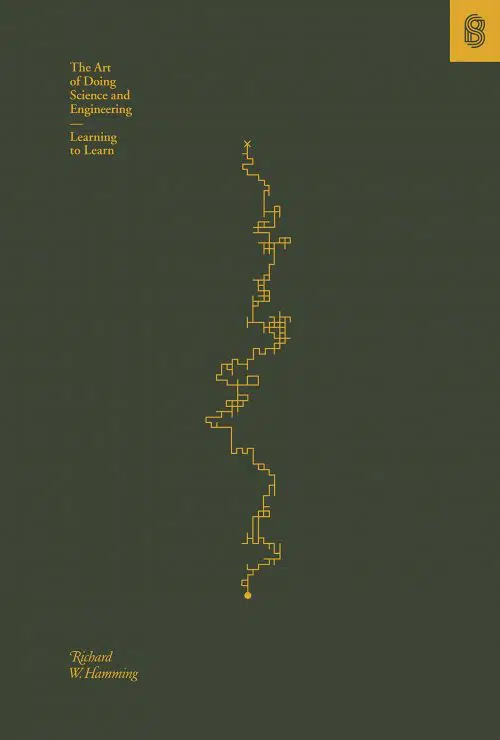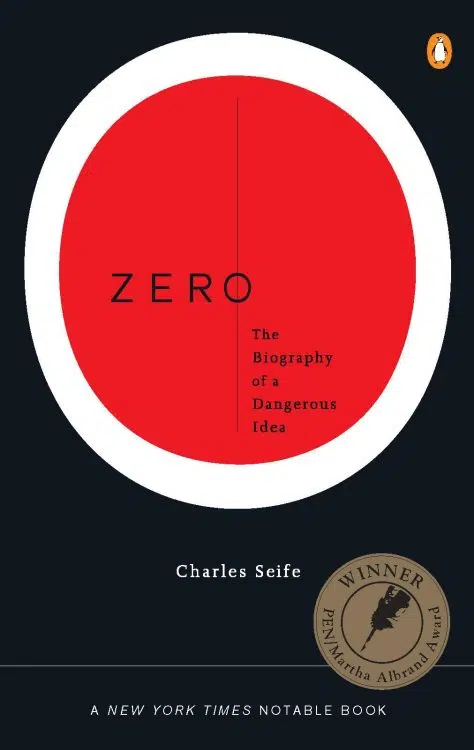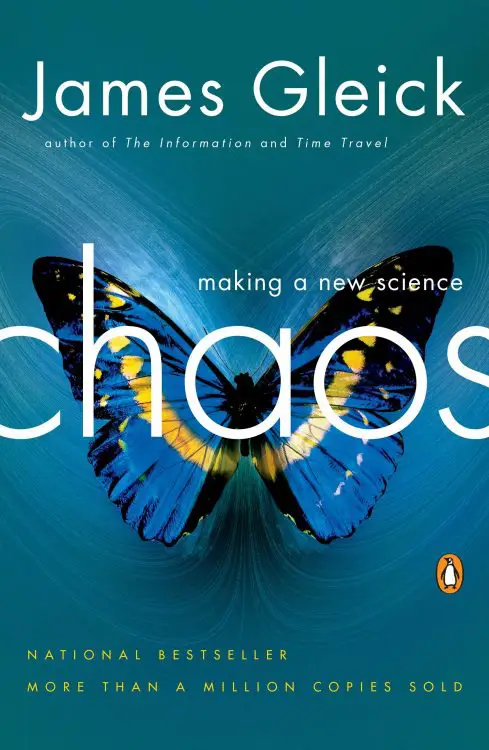“The Clockwork Universe: Isaac Newton, the Royal Society, and the Birth of the Modern World” is a mesmerizing tale that transports readers back to the cusp of the modern age, a time riddled with conflict, disease, and superstitious dogmas.
Author Edward Dolnick masterfully recounts the lives and discoveries of the founding fathers of modern science against the dramatic backdrop of the 17th century. Through meticulous research and engaging storytelling, Dolnick weaves the tale of a group of visionary men, including the likes of Isaac Newton, who dared to envision a universe governed by laws as precise as the gears in a clock.
The book underscores a period rife with turmoil, where plague swept through streets and religious wars left indelible marks on society. Yet, amidst this disorder, a band of intellectuals connected by their thirst for knowledge and their membership in the then nascent Royal Society, set forth principles that would dismantle and reconstruct the world’s understanding of nature.
What stands out in Dolnick’s portrayal is the striking paradox of the age—brilliant minds bound by the mysticism and irrational beliefs of their time. The reader witnesses the transformational period where magic began its descent as the mechanistic view of the cosmos ascended, driven by mathematics and observable facts.
At the heart of the story is Isaac Newton, one of history’s most enigmatic figures—an alchemist and scientist who could fathom the laws of motion and gravitation, yet spent countless hours searching for hidden messages in the Bible and studying alchemy. Dolnick doesn’t shy away from presenting the full scope of Newton’s obsessive genius, giving us a character that is deeply human in his complexities.
“The Clockwork Universe” doesn’t just recount historical events—it grips readers with a compelling narrative, challenging them to appreciate the tumultuous revolution of thought that gave birth to modern science. By bridging the divide between scholarly work and popular science, Dolnick ensures that readers of all backgrounds can appreciate this turning point in our intellectual history.
In “The Clockwork Universe,” enlightenment comes alive with vivid descriptions and intimate details of the characters’ lives. Dolnick’s work is not just a testament to human curiosity and the relentlessness of progress—it’s an ode to the unyielding spirit that continues to drive scientific discovery today.
Readers will leave with a greater appreciation for the order we’ve come to expect in the natural world, and for the flawed, yet formidable, individuals who gifted us this understanding. It’s a must-read for anyone who seeks to comprehend the profound shift from the mystical to the mathematical, from alchemy to science, from a world fraught with chaos to one ticking with the precision of a clock.
In a rating, I’d give “The Clockwork Universe” a well-deserved 4.5 out of 5 stars, for not only illustrating a pivotal historical era but for affirming the power of human resolve against the tapestry of time itself.
















